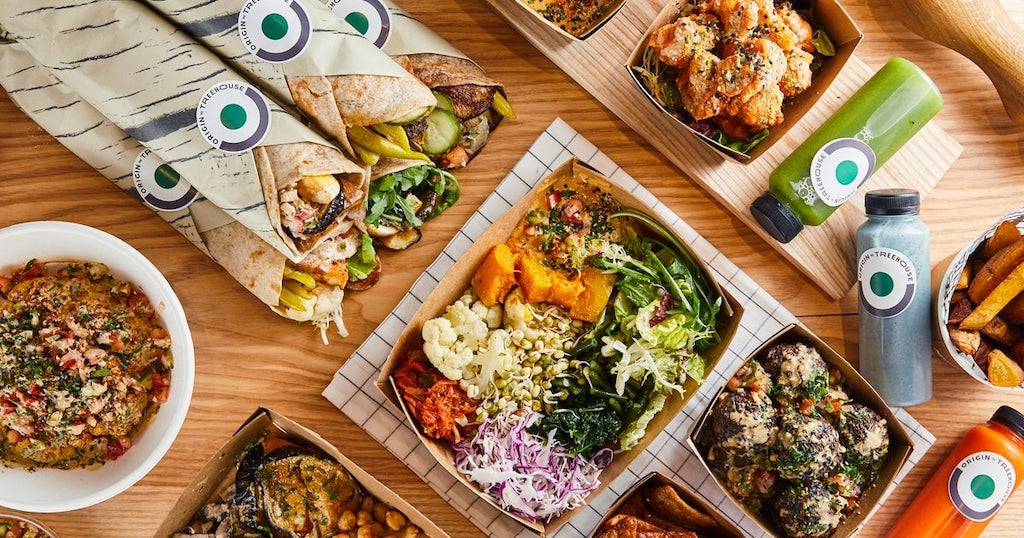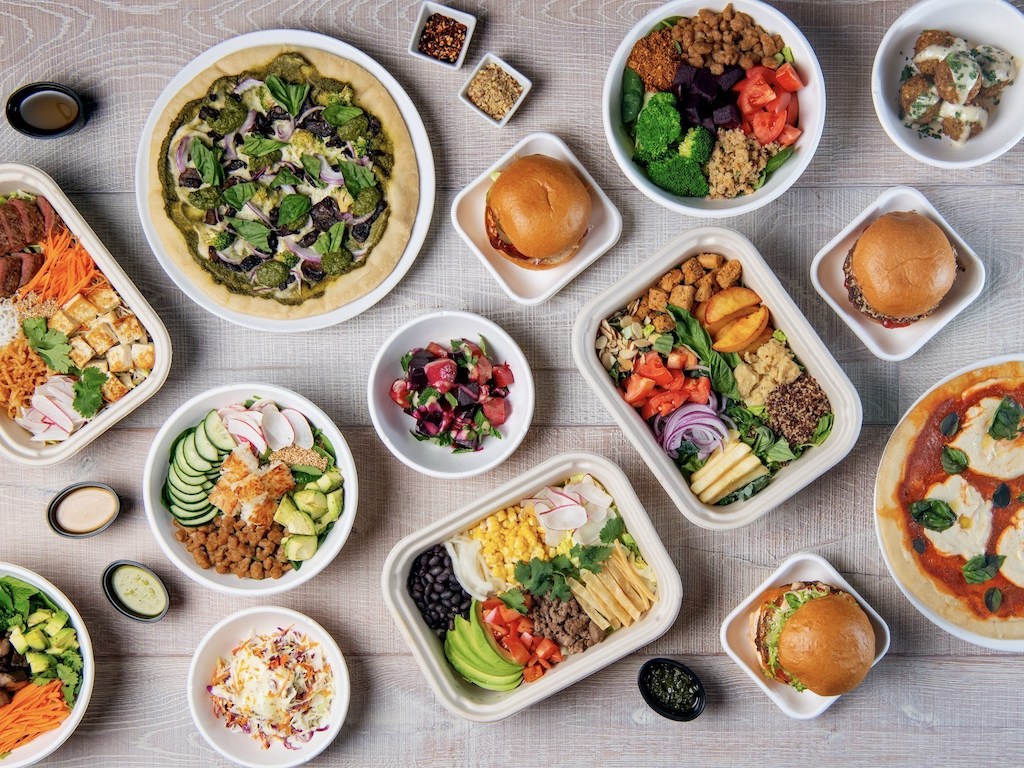3 Mins Read
Online food deliveries were already popular before the pandemic, but now, they’re truly everywhere, with restrictions on restaurants dine-in services and consumers wanting to catch a break from cooking at home (and having to wash up) all the time. In fact, the pandemic has more than doubled business for food delivery apps over the past year. But while many of us are relying on takeaway deliveries more than ever before, what impact is it having on our planet? Here, we consider the footprint of our online food ordering frenzy, and what we can do to minimise it – and no, it doesn’t necessarily mean ditching them altogether.
1. If you spend US$70 a week on food deliveries, your carbon footprint is 450% higher
Spending US$70 each week on takeaways translates to a 450% higher carbon footprint a year compared to those who don’t order food deliveries at all, according to a new study conducted by London-based price comparison firm Uswitch. That’s pretty astounding, considering that equates to just a couple of orders a week, depending on how expensive your meal is, of course. If you’re spending US$14 a week, roughly one or two dishes, then your carbon footprint is up 52%. In short, the convenience you’re paying for also comes with a price tag for the planet.

2. Even scrolling through delivery apps can make your emissions add up
But apparently, even if you don’t go ahead and plug your credit card details in to check out your order, scrolling through all those different choices on delivery apps can rack up on your emissions tab. According to the same study, which uses data from WWF and Website Carbon, just opening your delivery app (which requires power) can lead to an average of 0.778kWh of carbon dioxide emitted into the atmosphere. Some platforms are more energy-efficient than others, with its analysis of the six biggest delivery apps in the U.K. showing that Deliveroo comes first for being the most carbon-friendly 54.04 kilograms of carbon dioxide emitted annually based on 10,000 visits per month. By contrast, JustEat came last, emitting 138.76 kilograms of carbon dioxide – equivalent to driving an electric car over a distance of 1,870 kilometres.
3. Even if you recycle all your waste and keep your takeaways to once per week, eating meat will add 125% to your footprint
So what can you do to slash your footprint? The number one thing is ditching meat. Results from the study showed that even if you limit your food deliveries to US$14 per week and you committed to recycling all the waste you produce and kept your car travels to under 15 hours, if you consume meat at every meal, you’ll raise your carbon footprint by 125%. To compare, vegetarians who spend up to US$70 on their weekly takeaways (that’s five times more orders) have a carbon footprint score of 89%.

4. You can slash the carbon footprint of your order by 70% by choosing vegan meals
What this means is that if you want to make your online food deliveries less harmful to the environment, choose plant-based. You don’t need to necessarily ditch delivery apps altogether (though it’s probably best to minimise the number of times you order), but opt for a vegan meal. According to an Oxford university study, cutting meat and dairy products from your diet is the single most impactful thing you can do to slash your carbon footprint, and can reduce your individual emissions by a whopping 70%. Plus, it’s never been easier to make your orders vegan, with recent trends indicating that there’s now more plant-based and vegan-friendly restaurants available on delivery platforms than ever before.
Lead image courtesy of Plant Nation.




